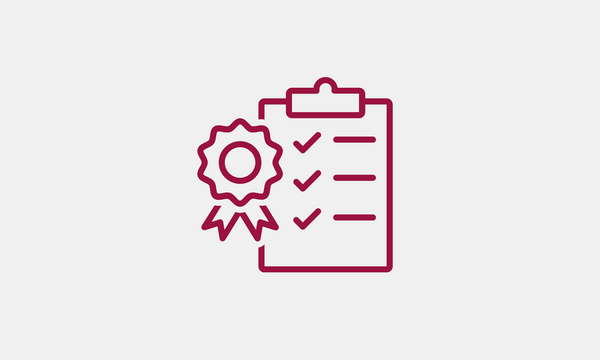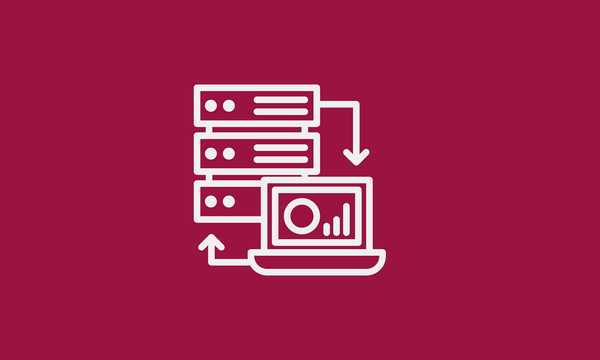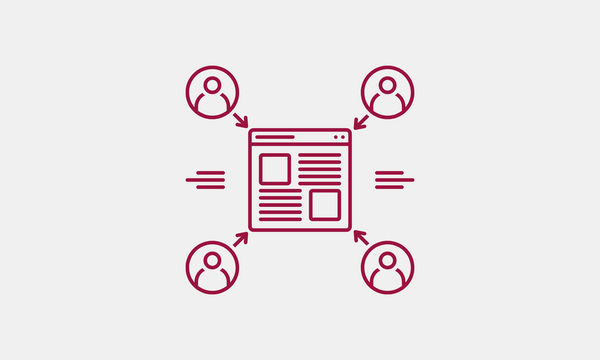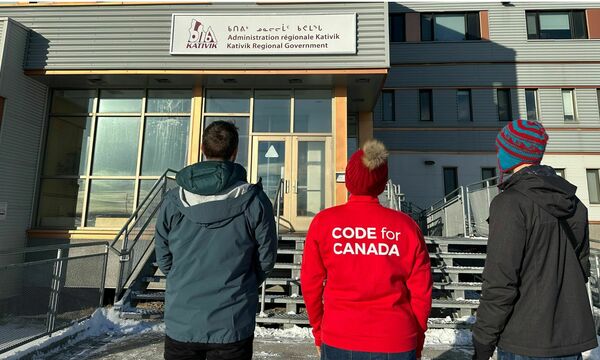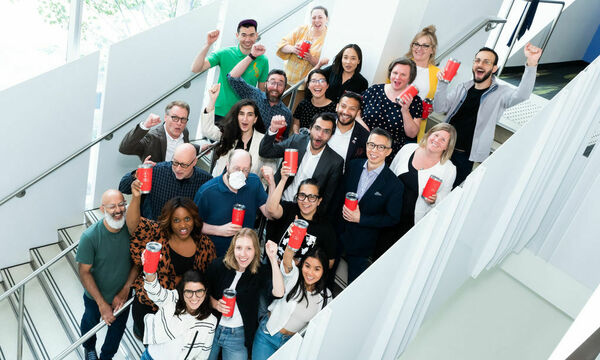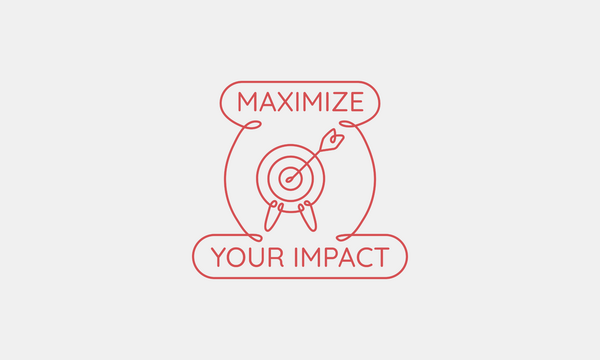Why Inclusive User Research Matters: The Key to Reaching Every User

Kim Donaldson
August 23, 2024

Here at Code for Canada, we believe speaking directly with users is the key to building great digital solutions.
We’re excited to share that we’ve renamed our user research and testing service from Gathering Residents to Improve Technology (GRIT) to Inclusive User Research. This new name reflects our commitment to making information more accessible and understandable for everyone.
And along with a new name, we have new leadership and direction.
Enter: me, Kim Donaldson 👋 I’m Code for Canada’s new Inclusive User Research General Manager.
Read on to learn how I’m evolving this core part of C4C’s mission and vision.
Expanding who we serve
In the past, Code for Canada has mostly helped non-profits and government teams with user research and testing. Now, we’re expanding our efforts to collaborate with private sector partners looking to make their products more accessible to all, not just some, Canadians.
If you’re working on a product team and looking for feedback from a diverse set of people from across Canada, I want to hear from you.
Ensuring AI integrity through user research
Generative AI is moving quickly, with governments and public sector organizations struggling to catch up.
The large language models (LLMs) that power many AI tools generally don’t include the perspectives of historically marginalized people, creating the risk of deepening existing bias against these groups.
I believe Inclusive User Research can be a way of addressing and mitigating this risk — by testing these tools with a wide range of people, we can try to better understand and correct potential bias in AI tools.
Becoming a public advocate for digital equity
The percentage of Canadians living with one or more disabilities is growing, according to the 2022 Canadian Survey on Disability. Public-facing digital services need to be accessible to this growing community.
To accomplish this, we need more people who recognize the importance of digital inclusion and equity and see it as a problem worth solving.
I plan to share this message with the public by explaining how inclusive user research can create digital products and services that meet the needs of all, not just some, people.
Code for Canada has plenty of user research and testing success stories that highlight the importance of this work, from testing a digital health app with diverse residents to conducting in-person interviews for how to improve a community’s water access system to coaching a municipal team on UX best practices.
Joining forces for good
If you’re interested in inclusive user testing, research and design, let’s connect and explore how we can collaborate through speaking engagements or UX projects.
